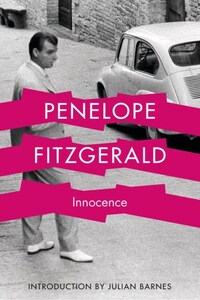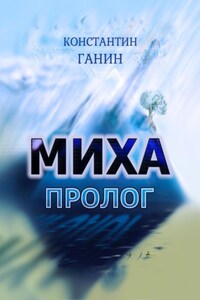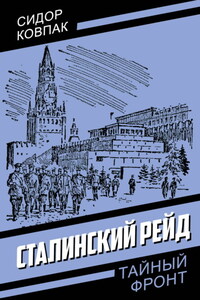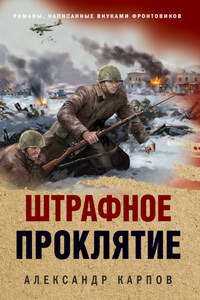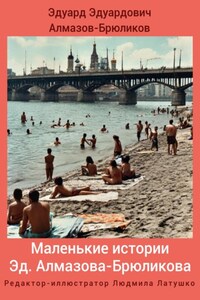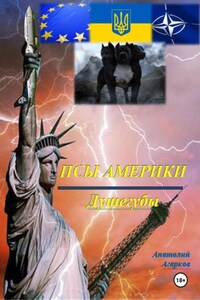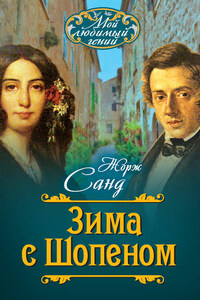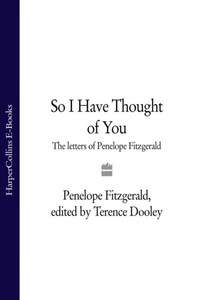Penelope Fitzgerald Preface by Hermione Lee, Advisory Editor
When Penelope Fitzgerald unexpectedly won the Booker Prize with Offshore, in 1979, at the age of sixty-three, she said to her friends: ‘I knew I was an outsider.’ The people she wrote about in her novels and biographies were outsiders, too: misfits, romantic artists, hopeful failures, misunderstood lovers, orphans and oddities. She was drawn to unsettled characters who lived on the edges. She wrote about the vulnerable and the unprivileged, children, women trying to cope on their own, gentle, muddled, unsuccessful men. Her view of the world was that it divided into ‘exterminators’ and ‘exterminatees’. She would say: ‘I am drawn to people who seem to have been born defeated or even profoundly lost.’ She was a humorous writer with a tragic sense of life.
Outsiders in literature were close to her heart, too. She was fond of underrated, idiosyncratic writers with distinctive voices, like the novelist J. L. Carr, or Harold Monro of the Poetry Bookshop, or the remarkable and tragic poet Charlotte Mew. The publisher Virago’s enterprise of bringing neglected women writers back to life appealed to her, and under their imprint she championed the nineteenth-century novelist Margaret Oliphant. She enjoyed eccentrics like Stevie Smith. She liked writers, and people, who stood at an odd angle to the world. The child of an unusual, literary, middle-class English family, she inherited the Evangelical principles of her bishop grandfathers and the qualities of her Knox father and uncles: integrity, austerity, understatement, brilliance and a laconic, wry sense of humour.
She did not expect success, though she knew her own worth. Her writing career was not a usual one. She began publishing late in her life, around sixty, and in twenty years she published nine novels, three biographies and many essays and reviews. She changed publisher four times when she started publishing, before settling with Collins, and she never had an agent to look after her interests, though her publishers mostly became her friends and advocates. She was a dark horse, whose Booker Prize, with her third novel, was a surprise to everyone. But, by the end of her life, she had been shortlisted for it several times, had won a number of other British prizes, was a well-known figure on the literary scene, and became famous, at eighty, with the publication of The Blue Flower and its winning, in the United States, the National Book Critics Circle Award.
Yet she always had a quiet reputation. She was a novelist with a passionate following of careful readers, not a big name. She wrote compact, subtle novels. They are funny, but they are also dark. They are eloquent and clear, but also elusive and indirect. They leave a great deal unsaid. Whether she was drawing on the experiences of her own life – working for the BBC in the Blitz, helping to make a go of a small-town Suffolk bookshop, living on a leaky barge on the Thames in the 1960s, teaching children at a stage-school – or, in her last four great novels, going back in time and sometimes out of England to historical periods which she evoked with astonishing authenticity – she created whole worlds with striking economy. Her books inhabit a small space, but seem, magically, to reach out beyond it.
